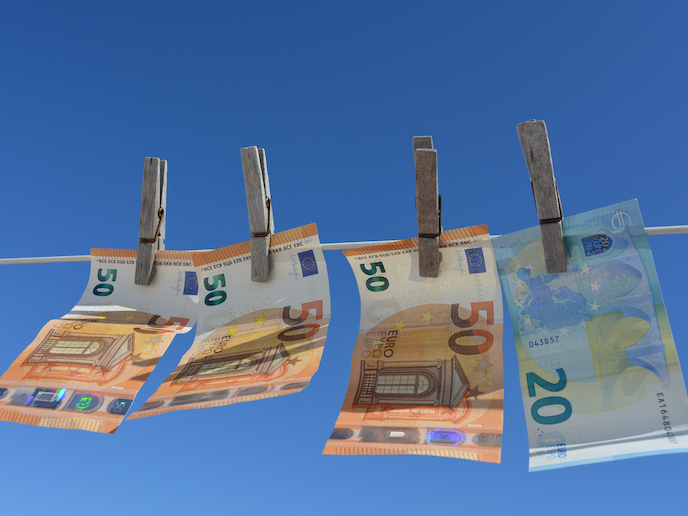Empowering regulators to combat fiscal fraud
Every year, tax avoidance, tax evasion and money laundering activities keep up to an estimated EUR 15 trillion out of the public coffers. Unfortunately, for far too long, a lack of international policies and regulations meant this money was able to circulate free of any consequences. But with the financial crisis of 2008 and the subsequent need for countries to quickly raise revenues, this began to change. Since 2008, a number of new policy reforms aimed at combating tax evasion have been implemented. As these reforms represent a sea change in tax policy and the EU fiscal regime, it is essential that all stakeholders have a clear understanding of what’s required, what works, and what doesn’t. To help, the EU-funded COFFERS project developed a framework for better understanding the current state of affairs, gauging the traction of regulatory innovation, identifying the trajectory of system change, and remedying deficiencies in EU fiscal policy. “Our ultimate goal was to bring unpaid taxes back into the public coffers,” says Brigitte Unger, a professor at Utrecht University and COFFERS project coordinator.
Identifying the loopholes
To accomplish this goal, researchers studied the effectiveness of international tax reforms at reducing tax avoidance, tax evasion and money laundering. They also estimated the amount of unpaid taxes and provided policymakers with recommendations for closing loopholes in the international tax system. One of the key findings was that when it came to reducing tax evasion, the Automatic Exchange of Information was an effective international policy reform. However, while the US does not participate in the reform, Europe is still required to provide information about the finances of US citizens. “This lack of reciprocity creates loopholes for Europeans and incentives to place their money overseas,” explains Unger. Speaking of loopholes, the project also noted the negative effect that such national policies as ‘golden visas’ have on financial compliance. “With very little money, people can buy a golden passport in Malta, Cyprus or other jurisdictions and essentially escape from the exchange of fiscal information,” says Unger. Another loophole is ‘freeports’. “Freeports were meant to allow goods to be brought in from foreign countries without paying duty so long as they were going to be exported again,” observes Unger. “However, because they are excluded from existing regulations, they are now used to permanently store money, art and wealth in places like Switzerland and Luxembourg.”
Simply follow the money
According to Unger, many of these loopholes are exploited by multinational tax consultancies that make their living by advising on aggressive tax planning. “These same advisers also play the role of regulators and auditors, a potential conflict of interest that must be made transparent,” she notes. What can be done to close these loopholes? The COFFERS project recommends that regulators create public registries of ultimate beneficial ownership. “If one knows who stands behind complex international corporations, trusts, partnerships and foundations, one can simply follow the money,” adds Unger. To help regulators create such a registry, COFFERS has developed a number of tools, all of which are available on the www.coffers.eu (COFFERS website).
Keywords
COFFERS, tax avoidance, tax evasion, money laundering, tax policy, EU fiscal policy, Automatic Exchange of Information







